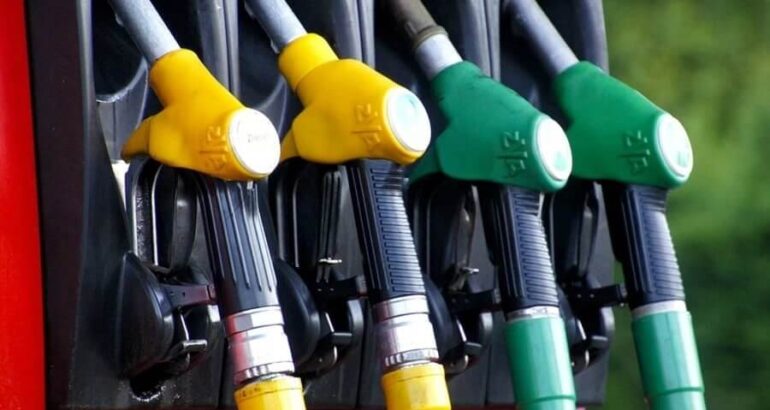The Chamber of Petroleum Consumers (COPEC) has cautioned that Ghanaian consumers should prepare for a potential rise in fuel prices during the first pricing window of July, due to escalating geopolitical tensions in the Middle East.
According to COPEC, the intensifying conflict between Israel and Iran—compounded by recent U.S. airstrikes on Iranian nuclear facilities—poses a significant threat to global oil supply chains. A major concern is the possible closure of the Strait of Hormuz, a strategic maritime route through which roughly 20% of the world’s oil and gas supply passes.
COPEC Executive Secretary Duncan Amoah said the implications for crude oil prices could soon be felt in Ghana.
“This week is likely to see a lot of international activity affecting petroleum pricing. Ghana cannot be exempt from the impact,” Amoah stated. “Bulk distribution companies (BDCs) may adjust their prices upward due to increased risk in importing fuel, and that will likely be passed down to Oil Marketing Companies (OMCs).”
While the second pricing window of June offered some relief at the pumps, Amoah warned that this trend may reverse in early July.
“Any rise in crude oil prices typically reflects in the finished product market within 5 to 7 days,” he explained. “With the way things are shaping up globally, Ghanaians should brace for a possible upward adjustment in fuel prices.”
COPEC is urging the government to closely monitor international developments and consider measures to cushion consumers from the anticipated increases. Amoah also praised the government for suspending a proposed GH¢1 increase under the Energy Sector Shortfall and Debt Repayment Levy (ESSDRL), describing it as a welcome relief amid global uncertainty.
Additionally, he called for expedited efforts to revive the Tema Oil Refinery (TOR), noting that management has committed to resuming full operations by October 2025.


